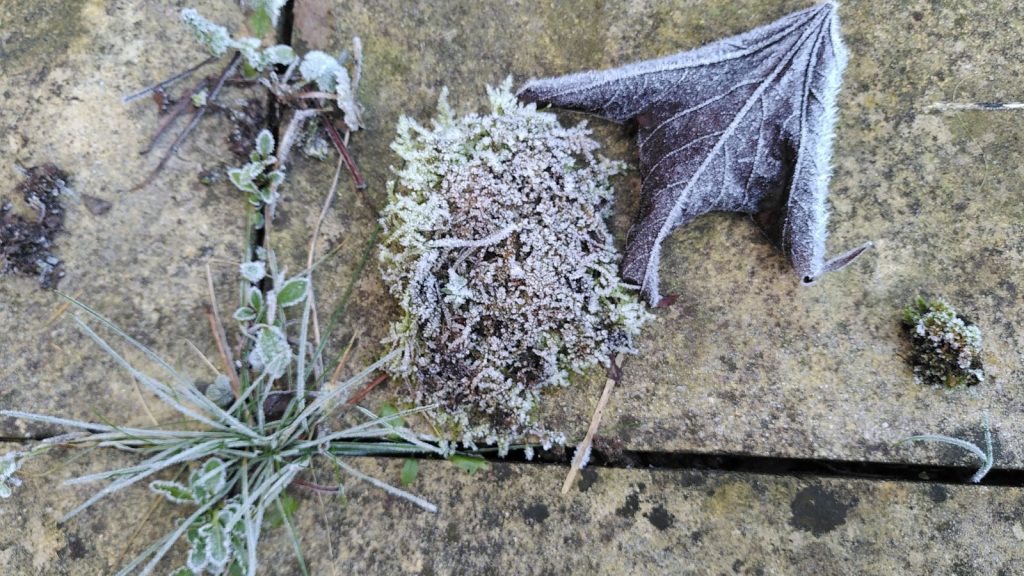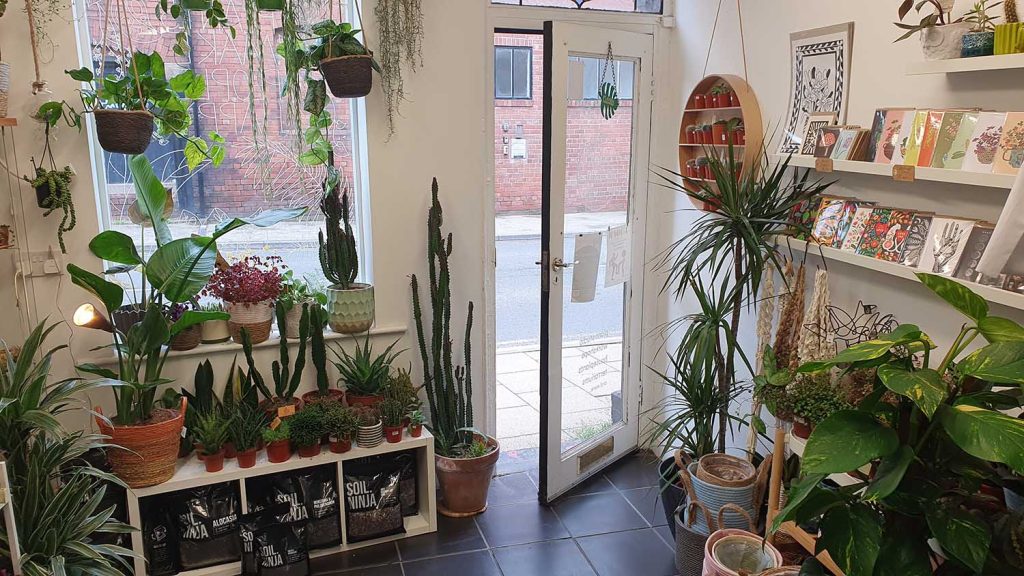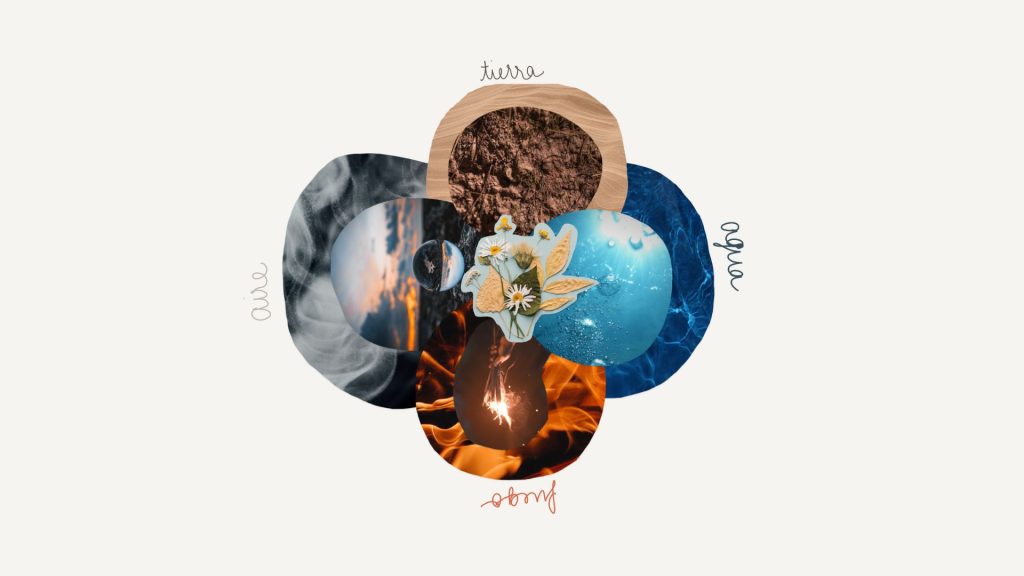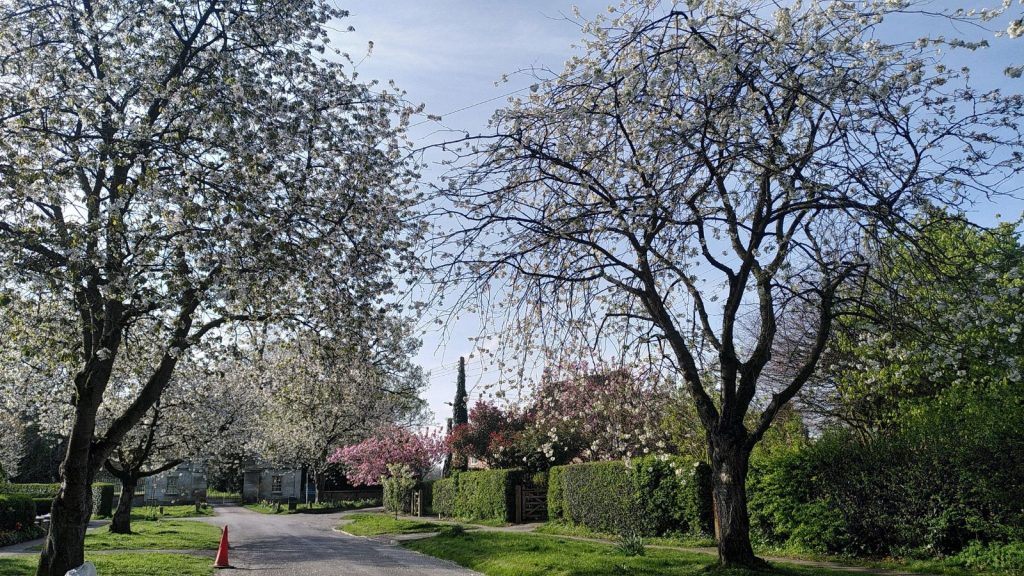The Evolution of an Organisational Doula
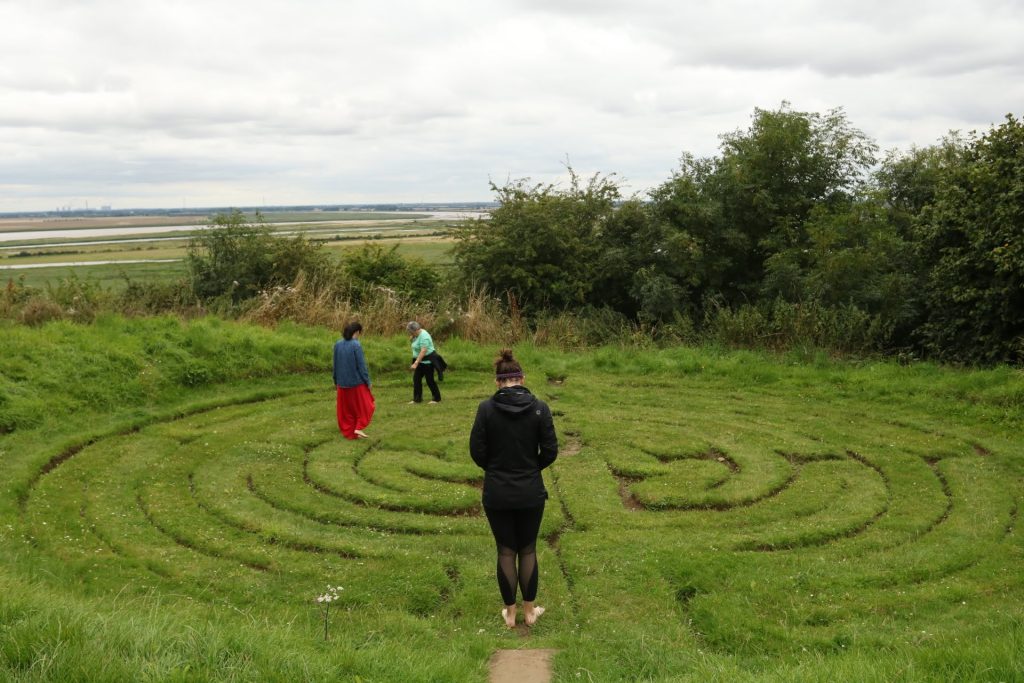
Firstly, a little background, and a definition. Sophia references me as With Many Roots’ doula.You may be familiar with this word used for referring to a person who is with a woman during childbirth: the National Childbirth Trust explains more here. Also, many hospices and other organisations concerned with end-of-life care increasingly use doulas as part of the dying process – sometimes referring to them as end-of-life doulas. The End of Life Doula UK organisation explains more here. Sometimes in end-of-life care – mirroring the term for the birthing clinician – the term ‘soul midwife’ is used, although in all birth and death doula work, the doula is most definitely not a clinician, not part of any team giving practical medical or palliative care, but an individual practitioner who facilitates and supports the emotional – and spiritual, if that has significance – process of the mother/patient/client. That is a doula’s raison d’etre.
The word ‘soul’ may have religious or spiritual connotations not suited to all, but it’s a useful tool for looking at what an organisational doula is. She too is no ‘business clinician’: her job is not that of financial advisor or business strategist or even consultant in the general, commercial sense. Using business terminology she is probably closest to a non-executive business mentor, but even that’s not exact enough since the use of an organisational doula is not – to use Joanna Macy’s term from The Work that Reconnects – part of the “business as usual” model.

The organisational doula does not focus on strategic or operational behaviours per se, but rather attends to the soul – or we might use words such as spirit, essence, or heart – of the organisation itself. Arguably, parts of an organisation are coming into being, dying away, or transitioning in one way or another all the time, and this is one similarity with birth or death doula-ing. Above all else, and in every context, a doula supports entities in transition. All organisations are entities in transition to some extent, and currently it’s particularly so for With Many Roots.
Another similarity might be from the arena of relationship counselling. In the room with the counsellor are the two people involved in the relationship, but there is also a third ‘client’: the relationship itself. A relationship counsellor facilitates a process for that relationship to be re-born, to change and grow, or in some cases, to end.
So far so good… but what might an organisational doula actually do?
Here at With Many Roots my doula-ing is – as it should be – an organic process. It’s also a role (though not a role – see below) that fits well with holding a wellbeing brief.
Some examples of what I offer – as discussed by both Sophia and myself in other parts of this blog series – are confidential and developmental spaces for her and for key employees/associates; facilitating our Seasonal Gatherings; sending occasional inspirational or motivational offerings between those meetings; facilitating outdoor wellbeing sessions, and generally being an available go-to person for non-operational matters.

Although these tasks, these ‘doings’, are helpful for and relevant to the effective running of the organisation, the deeper level of being any kind of doula involves something much less tangible. The role – though not a ‘role’, since a doula operates from her core authentic self, rather than from a usual work persona – is more one of ‘being’ rather than ‘doing’. An organisational doula is a witness to an organisation; she ‘holds space’, supporting the entity of the organisation itself, as a relationship counsellor supports the entity of her clients’ relationship. At least, until that relationship, or organisation, is no more.
If you’re uncertain about this key doula task of ‘holding space’, then these everyday life examples might help: we’re holding space for others when we say something like “I’ll be thinking of you…” or “you’re in my heart” or “I’ll keep you in mind”. (That is, as long as we are not just repeating the cliche without intentionally and authentically meaning it.)
Doulas engage in what might be termed ‘sacred contracts’. Whilst the process – whether of birthing, working with an organisation or a relationship, or of dying – is ongoing, the doula holds the energetic space; she offers emotional/spiritual support of an appropriate kind; she remains fully committed, fully engaged. But – and this is where some awareness of the Buddhist philosophical concept of non-attachment is helpful – she has no investment in or attachment to ultimate outcomes.
A birth doula is not birthing her own child; an end-of-life doula is willingly facilitating a dying person towards their death; a relationship counsellor has no agenda for maintaining that relationship however devastating its breakdown might be. An organisational doula is neither share-holder, director, founder, nor employee: she has no investment in the ultimate outcome of the organisation.
A final note: in the Scottish and Irish Gaelic languages there exists the beautiful phrase anam cara; the Welsh language has periglour, both concepts translating as something like ‘soul friend’. There was one small organisation in Scotland with whom I doula-ed who defined me as their Organisational Anam Cara – which I loved. Such terms illustrate more of how we might understand an organisational doula’s work today, rather than the doula word itself with its direct translation from ancient Greek as female servant. Although the potentially negative connotation of ‘being a servant’ can be reframed as someone ‘giving service’: a state of being which can be deeply rewarding for both receiver and giver.
Back to Sophia for further development of doula-ing in With Many Roots. Read Part 5, Going Cyclical here.

